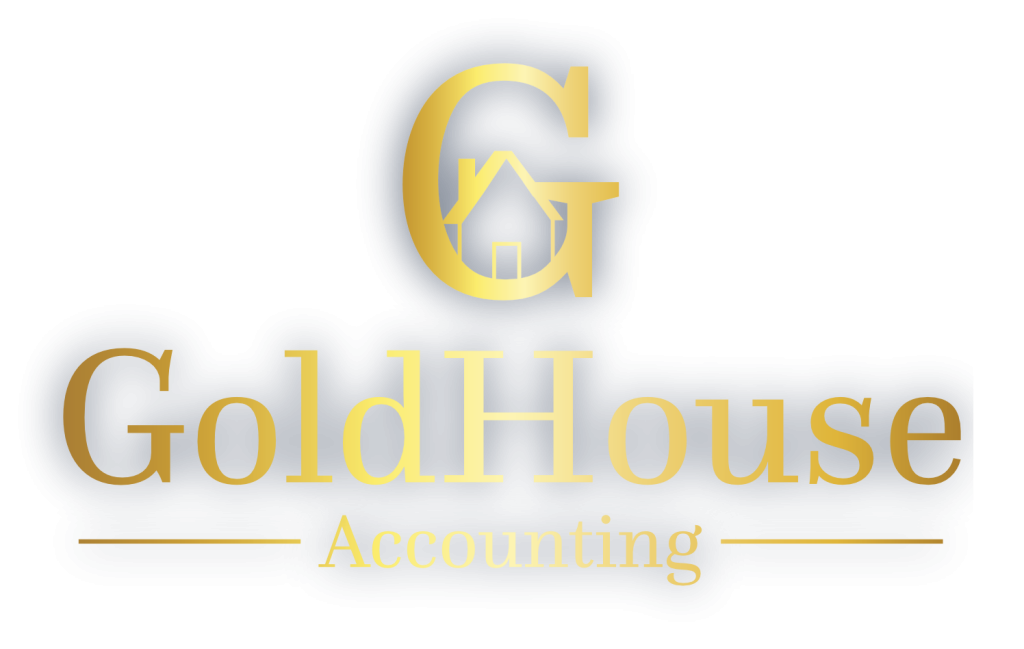Feeling the squeeze on your rental profits? You’re not imagining it and you’re not alone. Since Section 24 came into effect, many landlords and property investors have seen their tax bills rise sharply, with some even losing money on previously profitable properties.
If you’re wondering how to protect your margins, reduce your tax burden, and regain control of your property portfolio, you’re in the right place. At GoldHouse, we help landlords and investors build long-term wealth through smart, tax-efficient strategies and that starts with understanding exactly what’s changed and what to do about it.
What Is Section 24 and Why It Matters
Section 24 of the Finance (No.2) Act 2015 – commonly known as the “tax on interest” – significantly changed the way landlords can claim tax relief on mortgage interest. In simple terms, you can no longer deduct all your finance costs (like mortgage interest) from your rental income before calculating your tax bill.
This has had a major impact on how much tax landlords, especially higher-rate taxpayers, now pay on rental income.
What the Rules Used to Be (Pre-2017)
Before Section 24 was introduced, landlords could fully deduct mortgage interest (and other finance costs) from their rental income. You were only taxed on the net profit, a structure that made property investing particularly attractive.
Example (pre-Section 24):
- Salary: £50,270
- Rental income (- less expense): £20,000
- Mortgage interest: £20,000
- Taxable profit: £0
Since mortgage interest was fully deductible, there’s no rental profit to tax, and only the salary is taxed (personal allowance already used up).
If you were a 40% taxpayer, you paid £0 in tax.
How Mortgage Interest Relief Has Changed
Between 2017 and 2020, the government gradually removed this relief and replaced it with a 20% basic-rate tax credit on finance costs. Now, you’re taxed on your entire rental income and only get a flat 20% credit, regardless of your actual tax band.
Example (post-Section 24):
- Salary: £50,270
- Rental income: £20,000
- Mortgage interest: £20,000
Taxable income (Salary + Rental Income): £70,270
→ Anything above £50,270 is taxed at 40%
→ That £20,000 rental income is fully in the 40% band
- Tax due on rental income (40%): £8,000
- Less 20% tax credit on mortgage interest (£20,000 x 20%): -£4,000
- Final tax bill on rental income: £4,000
Old system: £0 tax
New system: £4,000 tax
That’s a £4,000 increase – a major hit for higher-rate taxpayers.
Why Higher-Rate Taxpayers Are Hit the Hardest
If you’re in the 40% or 45% tax band, Section 24 can eat up your profits quickly or even push you into loss. It also affects your overall income calculation, which could:
- Push you over the child benefit threshold
- Increase student loan repayments
- Impact personal allowance tapering
In short: it’s not just about rental income. It can affect your whole financial picture.
Should You Panic? No. Should You Plan? Absolutely.
The good news? You’re not powerless. Many investors are restructuring their portfolios to limit the impact of Section 24.
Mitigation Strategies: What You Can Do
At GoldHouse, we help clients consider smart, bespoke solutions like:
- Setting up a Limited Company: Companies can still fully deduct mortgage interest
- Transferring properties (carefully, considering stamp duty and CGT)
- Re-mortgaging to lower interest rates and improve net yield
- Using SSAS pensions to invest in property more tax-efficiently
- Portfolio restructuring to split ownership between spouses or business partners
- Offsetting with allowable expenses or rolling up profits for reinvestment
Don’t Panic. Get Strategic
Section 24 doesn’t mean the end of profitable property investing but it does mean the end of “set it and forget it” financial planning. The landscape has changed, and proactive investors are adapting. Whether you’re growing your portfolio, planning an exit, or expanding into Dubai or SSAS structures, we’re here to help you keep more of what you earn and build wealth with confidence.
Let GoldHouse help you turn property stress into property strategy. Book a free discovery call to review your structure, reduce tax liabilities, and futureproof your investment journey.



